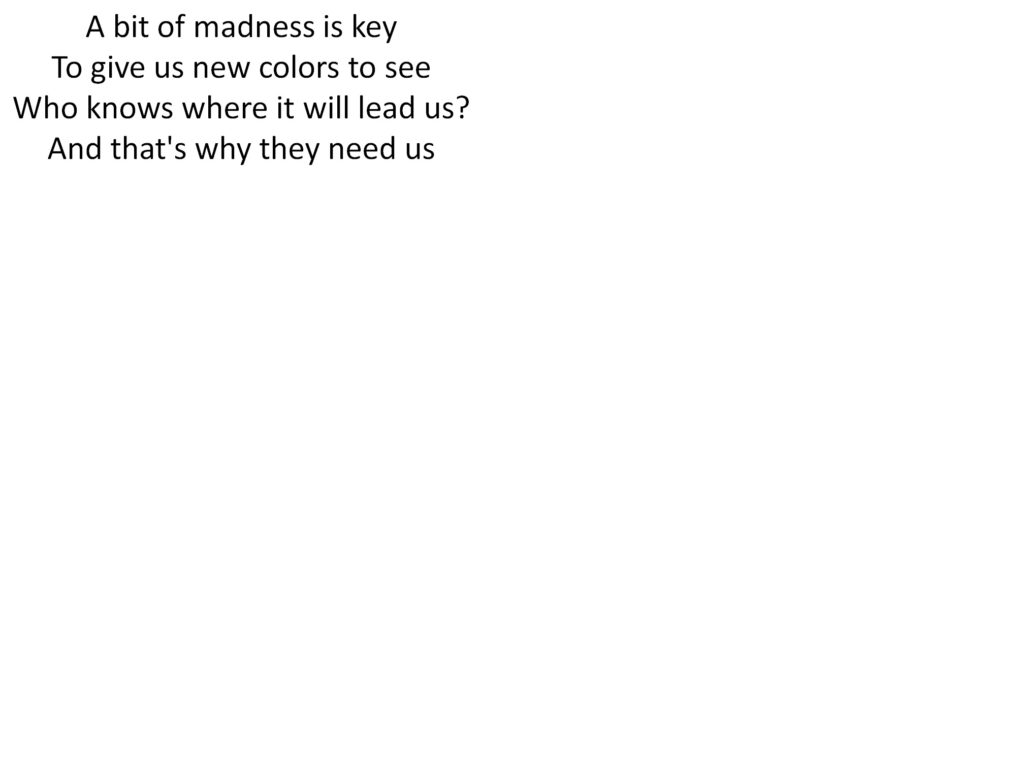Public Distrust of Science
On February 6, 1897, a bill was passed by the Indiana House of Representatives that would change the value of pi to 3.2. The bill died in the state senate when a senator observed that the legislative body lacked the power to redefine mathematical truth.
On April 22, 2017, science again challenged government with a March for Science, with tens of thousands of people in over 20 countries united to press for evidence-based policy making and government funding for research.
The troubled relationship between the people’s government and science is not a recent phenomenon. The value of pi may no longer be questioned, but public mistrust in science is widespread, most prominently regarding climate change, but also vaccines, pesticides, evolution and GMOs. The debate in the United Kingdom leading up to Brexit saw Justice Secretary Michael Gove respond to those who warned against Brexit, saying, “I think people in this country have had enough of experts.” United States scientists who are disturbed by U.S. legislators’ denial of the basic conclusions of climate science have formed a new political action committee called “314 Action” named after the first three digits of pi. The organization focuses on finding scientists who will run for office where they can influence policy related to science.
Science has become politicized to the extent that personal beliefs toward science-related issues can predict where an individual falls on the liberal/conservative continuum. Conservatives are more likely to question evolution and climate change caused by human activity. Liberals are more likely to distrust nuclear power. A 2015 article in the journal Social Forces by Gordon Gauchat used data from public opinion surveys conducted by the General Social Survey to peer deeper into the relationship between politics and attitudes toward science.
Gauchat found that the polarization of perceptions toward science reflect “deeper cultural belief systems that cohere on the political right.” In particular, biblical literalism, “the idea that the Bible is the literal word of God” was the characteristic most associated with negative attitudes toward science’s influence on public policy and the awarding of federal funding for scientific research. Not wanting government funding for scientific research was also linked to a general distrust of government. Conservatives who recognize the liberal perspective of the scientific community are inclined to distrust its positions for that reason alone.
No one disputes the contributions that science has made to advances in health, life expectancy, safety, agriculture, reducing losses from natural disasters or creating new materials. Yet, criticism of funding for scientific research has been severe, and examples of offbeat inquiries have brought ridicule. A recent issue of The Economist detailed a scientific analysis of why shoelaces come untied, by a group of engineers at the University of California, Berkeley. Nonetheless, curiosity should be encouraged, in the interest of discovery. As lyrics from an Academy Award-nominated song from La La Land told the importance of creativity:

